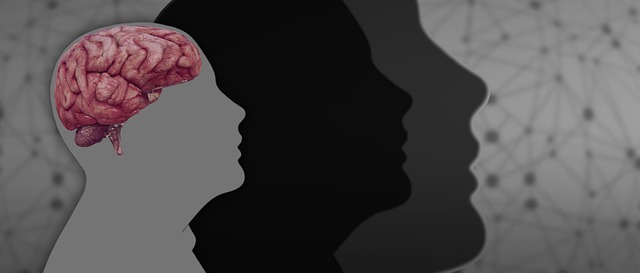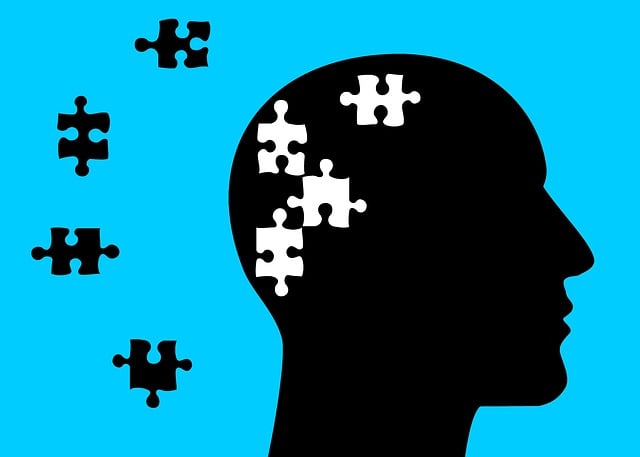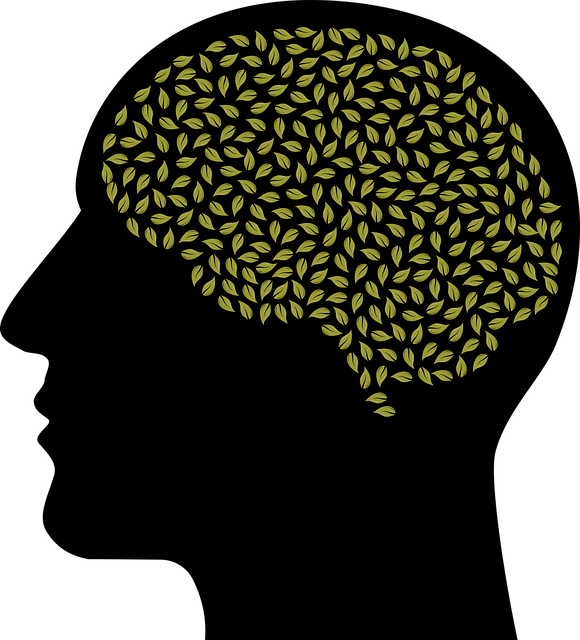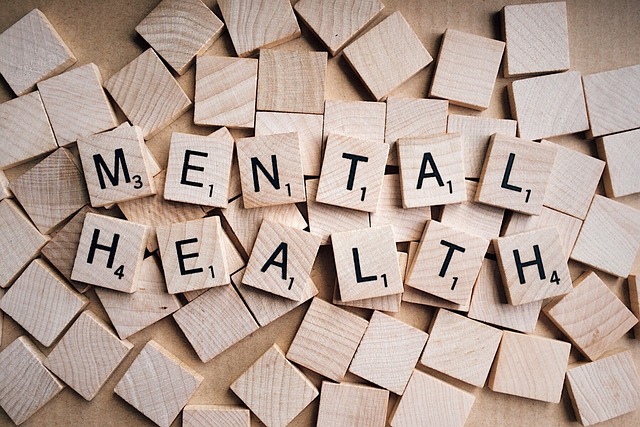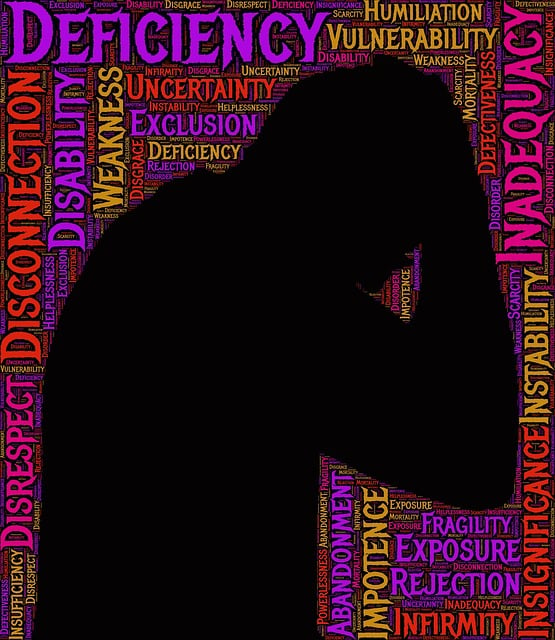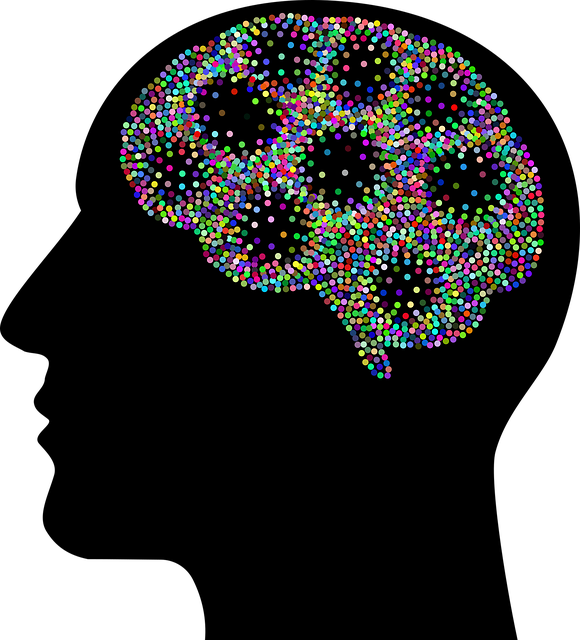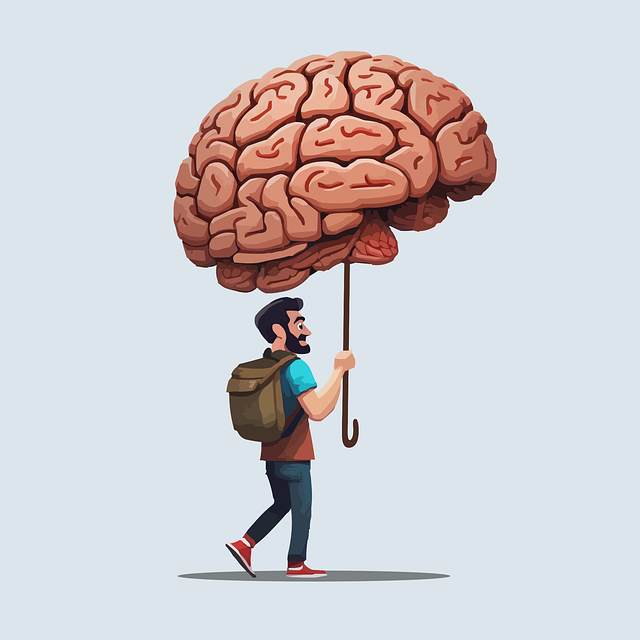Dialectical Behavioral Therapy (DBT) is an effective evidence-based treatment for adolescent teens with emotional dysregulation, offering skills in mindfulness, distress tolerance, emotion regulation, and interpersonal effectiveness. Delivered in a group setting, DBT creates a safe space to build resilience, improve communication, and enhance overall well-being, addressing various mental health issues like substance abuse and mood disorders. This structured approach combines cognitive-behavioral techniques with mindfulness practices, empowering teens with essential life skills for long-term success and improved mental health outcomes.
Mental wellness group facilitation plays a pivotal role in supporting adolescent teens, offering them essential tools for managing emotions and building resilience. This article delves into effective techniques, focusing on Dialectical Behavioral Therapy (DBT), specifically tailored for adolescents. We explore how creating safe spaces, incorporating skills training, and encouraging peer support foster positive change. By mastering these facilitation methods, therapists can enhance the benefits of DBT, providing adolescents with valuable coping mechanisms for life.
- Understanding Dialectical Behavioral Therapy (DBT) for Adolescents
- Group Facilitation Techniques: Creating a Safe Space
- Incorporating Skills Training in Group Sessions
- Encouraging Peer Support and Mindful Communication
Understanding Dialectical Behavioral Therapy (DBT) for Adolescents

Dialectical Behavioral Therapy (DBT) is a specialized form of therapy designed to support adolescent teens struggling with emotional dysregulation and distressing thoughts or behaviors. It was initially developed for individuals with borderline personality disorder but has since proven effective for various mental health challenges, including substance abuse, eating disorders, and mood disorders. DBT combines cognitive-behavioral techniques with concepts from mindfulness practices, helping adolescents learn to accept their emotions while adopting healthier coping strategies.
In the context of a mental wellness group setting, DBT facilitates skill development in four key areas: mindfulness, distress tolerance, emotion regulation, and interpersonal effectiveness. Through interactive discussions, role-playing scenarios, and group exercises, teens acquire practical tools for managing stress, improving communication strategies, and enhancing their overall well-being. This evidence-based approach empowers adolescents to navigate emotional challenges more effectively, fostering a sense of agency and resilience as they develop healthier relationships with themselves and others, ultimately leading to improved mental health outcomes.
Group Facilitation Techniques: Creating a Safe Space

Creating a safe space is paramount for effective group facilitation, especially when working with adolescents and teens seeking therapy, such as those engaging in Dialectical Behavioral Therapy (DBT). This involves establishing an environment where participants feel accepted, respected, and understood. Group facilitators should encourage open communication, ensuring every member feels comfortable sharing their experiences without fear of judgment or ridicule.
By implementing empathy-building strategies, facilitators can foster a sense of belonging and trust among group members. Social skills training and burnout prevention techniques are also integral to this process, helping adolescents develop healthy coping mechanisms and learn from each other’s experiences. This supportive atmosphere facilitates meaningful connections, encourages personal growth, and enhances the overall therapeutic experience for these young individuals.
Incorporating Skills Training in Group Sessions

Incorporating skills training into group sessions for adolescent teens is a powerful approach that can significantly enhance their mental wellness journey. Techniques like Dialectical Behavioral Therapy (DBT) offer a structured framework to navigate and manage emotions, improve interpersonal effectiveness, and foster better coping strategies. By teaching skills such as mindfulness, distress tolerance, emotional regulation, and effective communication, facilitators empower teenagers with practical tools for improving their daily lives.
This integrated approach goes beyond traditional therapy by focusing on Social Skills Training and Confidence Boosting, encouraging adolescents to adopt Self-Care Practices that promote overall well-being. Through interactive activities and group discussions, teens learn to navigate social situations more effectively, build self-esteem, and cultivate a sense of belonging within the supportive environment. Such training not only improves their mental health but also equips them with essential life skills for long-term success and resilience.
Encouraging Peer Support and Mindful Communication

In facilitating mental wellness groups for adolescent teens, fostering a supportive peer environment is key. Encouraging open and mindful communication allows group members to share their experiences, validate one another’s feelings, and offer constructive feedback. This dynamic, often facilitated through techniques like Dialectical Behavioral Therapy (DBT), promotes self-esteem improvement by creating a safe space where young individuals can navigate complex emotions together. By incorporating peer support, teens gain valuable insights into managing stress, building resilience, and coping with crises—skills that are honed through active participation and genuine connections within the group.
Additionally, mindful communication practices help to structure these sessions, ensuring that everyone has an opportunity to express themselves without judgment. Techniques such as active listening, perspective-taking, and emotional regulation strategies not only enhance group dynamics but also provide valuable crisis intervention guidance. This holistic approach ensures that adolescents leave each session with practical tools for stress management, fostering a sense of empowerment and confidence in their ability to navigate their mental health journeys.
Mental wellness group facilitation plays a pivotal role in supporting adolescent teens, particularly through Dialectical Behavioral Therapy (DBT). By implementing techniques that foster safe spaces, skills training, peer support, and mindful communication, facilitators can revolutionize the way DBT is delivered. These approaches not only enhance therapeutic outcomes but also create a supportive environment where teens can navigate their emotional journeys with increased resilience and self-awareness. Incorporating these strategies ensures that DBT becomes an effective game-changer in addressing mental health challenges among adolescents.
